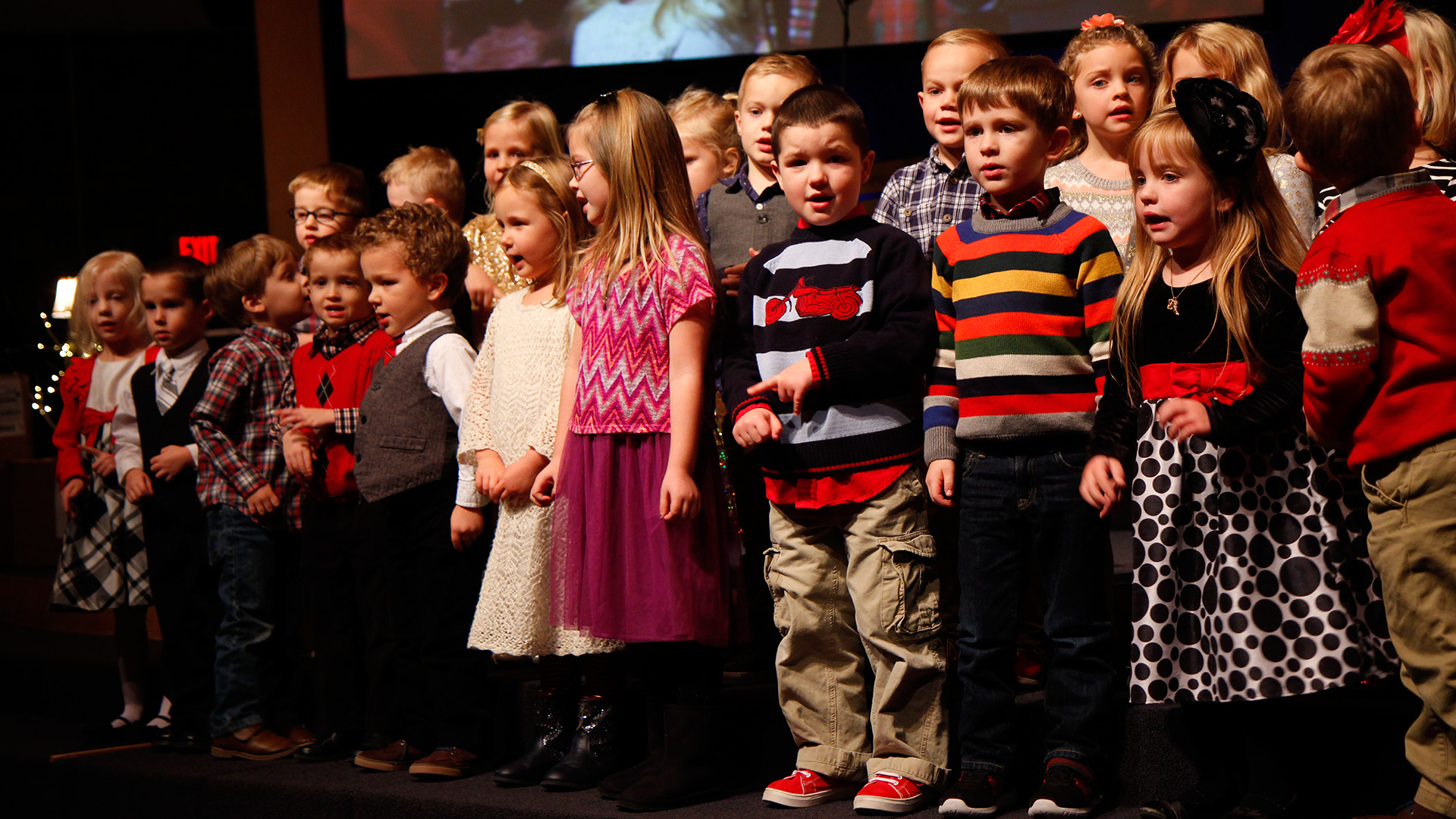
Yesterday, one of the burlapped-clothed, Galilean shepherds up in front of church, the tallest, stood up front, took the mike from the little girl shepherd in front of him, and said his lines with well-practiced precision. Had he been my grandson, I'd have beamed. For each of the seven acts of this year's Christmas play, his recitations were almost elegant, in fact.
Save one. Act Six went badly.
The little girl shepherd spoke her lines, and, following the script, handed him the mike. Just then, his memory left the building. He looked around. The whole world was watching. He stood there with his memory belly-up, completely blank. No words.
Blessedly, hundreds of parents and grandparents never noticed because a choir of pre-K sweeties were stealing the show as they always do. Only the boy's parents and probably a few others witnessed the deep freeze. And, mercifully, the show went on. The pianist gave him a few seconds, then covered up the silence by barreling into the next carol. Hardly anyone noticed.
The thing is, he knew he muffed it, and he couldn't just laugh it off. Who knows?--maybe his being a conscientious lid landed him a major role in the first place. Because he is, he probably could not forgive his terrible embarrassment. Even though the rest of the church didn't miss a beat, this poor sweet kid heard only an indictment: YOU FORGOT YOUR LINE, DUMMY.
So a tear came. Another followed, and then another, and another.
Along came Act Seven. That same little girl shepherd handed him the mike, and this time, still sniffling, he nailed it.
No matter. The damage was done. He no more than got out the words and he was wiping his eyes with the back of his hands.
A hundred kids were up in front of the church, but once his waterworks started, he couldn't stop. Tears kept coming, and he kept wiping 'em away. Even when the show moved to its darling end, he was, well, disconsolate.
Once he opens his presents this Christmas, I'd like to think his oh-so-public horror will be gone, but that speechless moment and the tears it wrought will hang around his memory for years, I figure.
Poor kid couldn't forgive himself for messing up a pageant meant to honor baby Jesus, the Lord of forgiveness. Someday, that equation will make sense.
But it's the human story in yesterday's Christmas pageant I couldn't shake: this poor kid wants to get it right, but finds himself bereft of words as priest Zechariah, and it breaks him up--all that up on stage in front of the whole world.
Someday, a couple of decades from now, when his own little daughter plays a shepherd in the church Christmas program, he won't mention what happened, because he won't want to risk passing along horror along. He'll be just as silent as yesterday.
So that moment will stay there, but playfully, a cute little memory he'll never forget.
Sometimes--and this is the lesson of Christmas--forgiveness is as simple as that.
Then again, mostly it's not, and that's why we need to hear the old story of a very special barn and manger again and again and again, even when it's told by screaming three-year-olds and a gaggle of cross-gendered shepherds abiding in their fields, keeping watch over the flocks by night, Galilean shepherds who listen to the angels tell them--and us--for millionth time, "Fear not--we bring good tidings of great joy. "
We can't hear that enough. Go on and wipe away those tears.
________________________
First published December 21, 2009.
1 comment:
Poor chap. Discrimination is an awful burden. The kid either got his part in the program right or he got it wrong. He knew the difference. It was not about sin. It was about "what will other people think?" Even if his initial reaction was self deprecation it really filtered back to the "people think" question.
We have all sorts of boxes designed for others. Skin color, age, weight, disability, spirituality, speaking ability to name a few. The kid already knew exactly where he fit in. His tears were a dead give-away.
Stigma follows discrimination. That's what the boxes are for. His family and friends will figure out which he belongs in.
Post a Comment